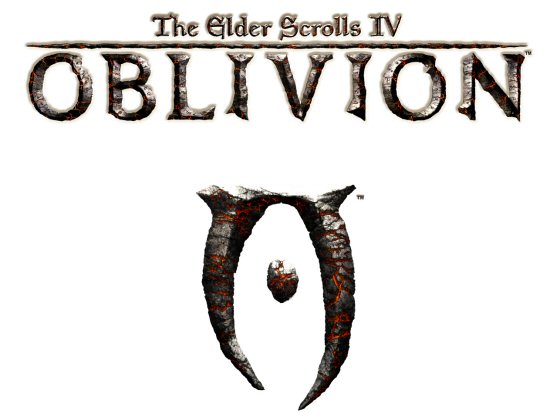In my experience, almost all reviews and previews have helped me decide on a game and if i will like it. But i don't believe everything the writer says and take into account their game preferences. Usually and thankfully, game sites and magazines don't choose, for example someone who is a racing game fan and who hates shooting games, to review a first person shooter. Or they at least try to be non biased and fair. But there are obviously cases when this doesn't happen. Back when internet sites were not so popular, i used to buy alot of gaming magazines and because i was younger, i had less money. Which means i relied a lot on maybe one magazines point of view on a certain game and whether to buy it or not. I can say that games i have bought based on maybe one review i have not regretted. Usually because when i read it, i tend to focus less on the writers opinions and mainly on features and descriptions.
Reading from a magazine is usually more entertaining, because of the nice images and backgrounds. They also, in my opinion, seem to be better written. Maybe this is because typically a writer from an official magazine has more experience and is better paid, compared to a writer on the internet.
Nowadays, it seems like the main source for game previews, reviews, videos etc. Is the internet, from popular sites such as IGN and Gamespot. These sites tend to have multiple views when looking at a game review. For example, they will have the writers review and score, but also the readers reviews and scores which they can upload themselves. They also have a comments section on the article, which allows people to post their views. This means, that if a writer has given a biased or rushed review on a game, you can look at other people's opinions and take them into consideration.
So whereas before, if a writer in a magazine gave a biased review on a game, this would be unfair on the game company and the people taking their word. But because there are so many sources and sites where people can express their own views (such as forums) if you are willing to do a bit more research than just pick up a magazine. You can always find people who have similar views to you.
I think ranking system for games, tend to work for me, for example if i look at the top say 100 games on a site. I usually agree with many of the orders. But maybe this is because i tend to like more mainstream games, instead of say more casual family based games. I think sometimes these kind of games are obviously less enjoyed by older, more "hardcore" gamers/reviewers and can sometimes be unfairly scored compared to bigger hyped up/advertised games.
Games journalists do what they do, for money basically, but also hopefully to express their own opinions and educate the reader on the game. But as they are paid by the magazine/website they write for they might be restricted to what they can write, or be on a very limited time scale. Which means they might not be able to express properly what they wanted to.
NGJ (New Games Journalism) is based mainly on the writers view and opinions, rather than what the superiors want them to write. For example they would usually be required to write a non biased objective review on a game and rate the game accordingly. A writer using NGJ would write about their experiences with the game, what they did and didn't like, how the story and environment felt to them.
Although this may be a more interesting to read than the standard type of review. I feel that it may take longer to find a review which you can personally relate too, as the writer might have completely different views to you. But if you are reading a review done in this way, with a writer who is similar to you that you would find it more useful. I think the way reviews are written today are good, but i tend to look at what the readers write about the game anyway. As this gives you a broader view.
I personally don't like my own writing, I've always found it hard to write down what I'm thinking, and usually get things jumbled up and confused. Although i think if i was to review something, i would do so objectivity. As this would appeal to a wider audience, i don't think a lot of people would agree with my view., I would still include them but basing a whole article on them would probably give a very biased view on something, and not be helpful to the person reading unless they happened to think in exactly the same way as me.




